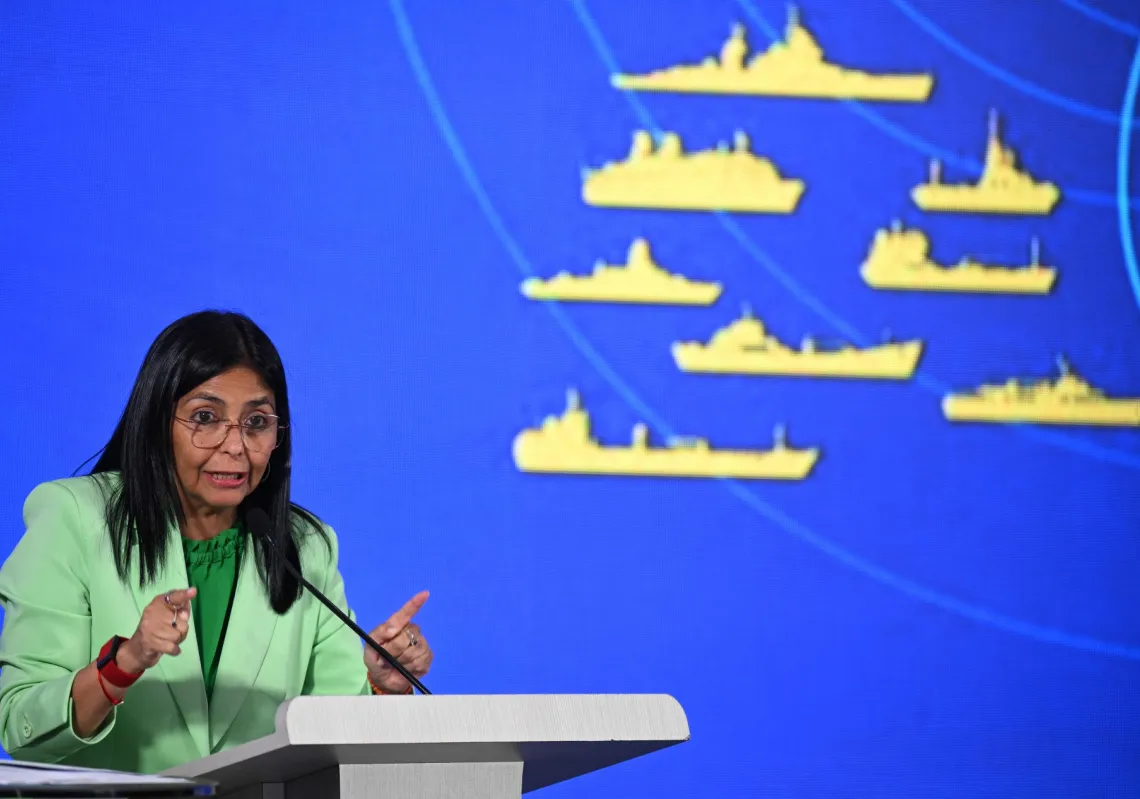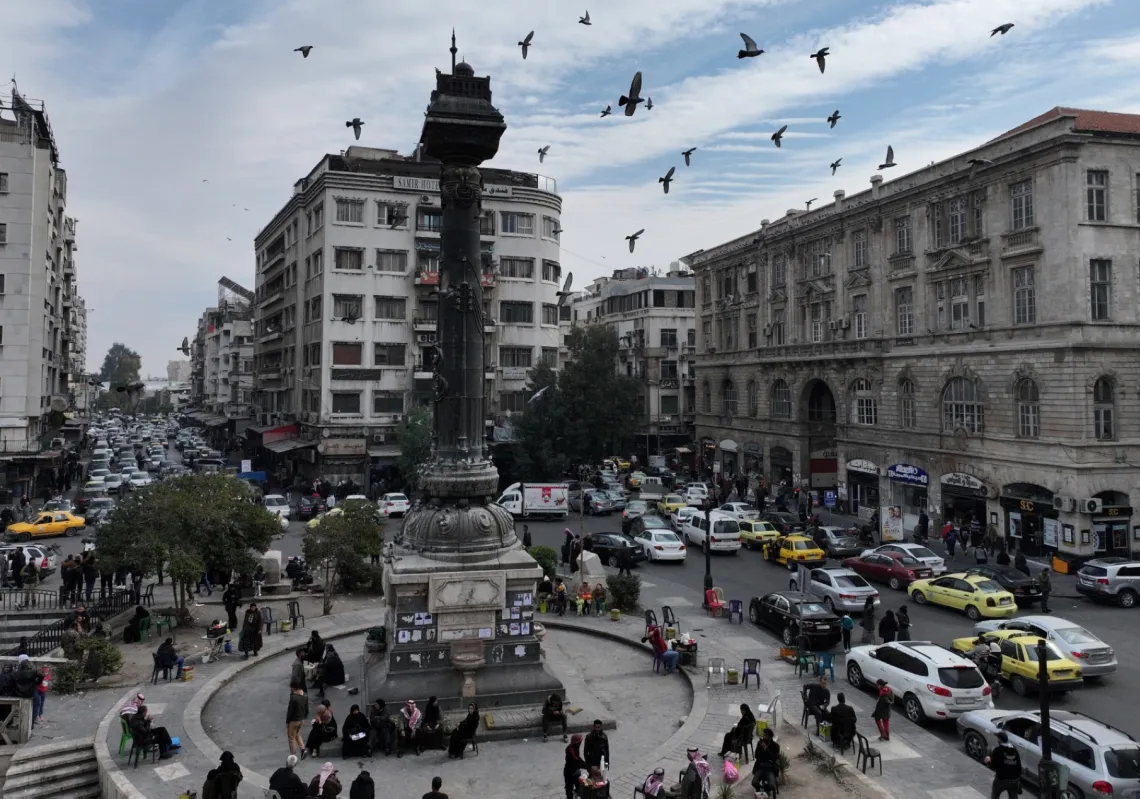At times the Houthis claim they are fighting in self defence, other times they say they are fighting to obtain their rights as a marginalized group in Yemen. However, they, like other rebel movements, do not appreciate or even recognize the concept of a state.
The Houthi movement belongs to the Zaidi sect which has Hashemi origins. This Zaidi sect is a revival movement; Zaidis believe that they risk losing their identity in Yemen. The Houthi movement transformed into an opposition group against the Yemeni regime because the "New Zaidis", including Houthis, felt alienated from the State. More specifically, they felt that the State deprived them of their former status and did not pay attention to their security or economic development.
The 1962 revolution replaced the Hashemite Imamah ruling system where the political and spiritual leader came from the "clan of "Hashim ibn Abd Manaf", with a republican system. The revolution thus restructured the country politically and socially. By doing so, however, it changed the system the Zaidis were accustomed to. Consequently, the followers of the revival Zaidi sect consider that the republican system is both anti-Hashemite and anti-Zaidi.
The rebel leadership has since succeeded in taking advantage of the violence of the conflict itself. More importantly however, there has been evident confusion on the part of the Yemeni state with regards to the tactics it employs in the conflict with the rebels.
The goals of the Houthis, as of now, do not include launching terrorist attacks against Western or foreign interests, either within or outside Yemen. In addition, there is no concrete and conclusive evidence linking the Houthis with any other terrorist groups in Yemen, despite much talk about a close relationship between the Houthis and al-Qaeda terrorist activists in Yemen.
It is interesting to note that the rebel Houthi movement is not completely homogeneous. This characteristic has made it an amorphous form, resulting in complete failure of any attempt to dismantle and destroy it. The Houthi movement is composed of various political and social groups. In different political circumstances, these groups would have been competing and clashing with each other.
Mores specifically, the movement consists of four rebel groups: a group that embraces a clear intellectual doctrine and establishes direct and indirect political ties with Iran and upholds anti-West slogans; a small but significant group that seeks to defend the Hashemite and Zaidi identity; a group of mercenaries who are motivated by purely financial motives; and a group of tribesmen who enjoy an obvious political weight and had been involved in the insurgency as a reaction to the violent attacks that the state has launched against them. This has forced them to try and defend their families and villages in the face of indiscriminate violence, which the Yemeni forces resort to in various conflict rounds against the rebels.
The Houthis' claim that they are fighting to defend themselves seems to have lost its meaning and credibility over the last war. They have expanded their battlefield and opened new fronts that have reached al-Jawf province in the west and gone beyond the Yemeni-Saudi Arabia borders in the north. Their clear alliance with Iran has also made them lose much of their political credibility, both inside and outside Yemen.
However, the Houthis have undoubtedly benefited from the mistakes of the government in dealing with them, particularly the government’s inability to resolve the protracted military confrontation in Saada. Yemen is a weak state, unable to exert influence over all territories of the country. It suffers a lethal combination of crises and security and political tensions, not to mention hard economic challenges. There is much doubt regarding the ability of Yemen to resolve the Houthi rebellion crisis. Even if the government succeeded in wining the war and the Houthi insurgents disappeared from the scene, the roots of insurgency would remain. It is quite possible that a new rebellion might emerge and announce its presence. The Yemeni state will then be forced to engage in another confrontation.








